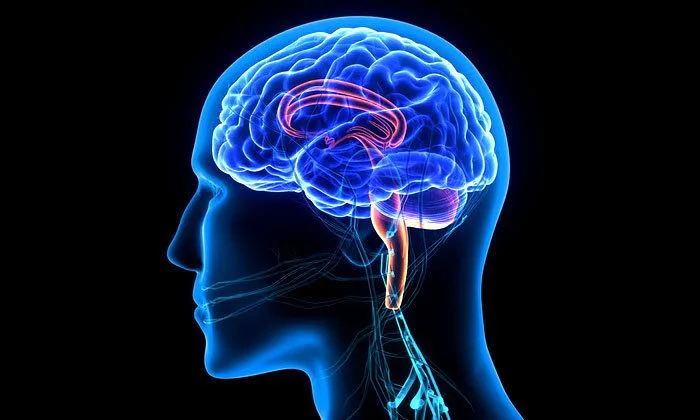
Muscle Memory Is Retained at the Protein Level, Study Finds
By George Citroner
There’s no need to stress about losing hard-earned exercise gains. For the first time, science has validated the concept of “muscle memory.”
The study, conducted in Finland and recently published in The Journal of Physiology, found that the positive changes from resistance training could persist in muscle proteins for more than two months after ceasing workouts, suggesting that the body retains some benefits even when training stops.
Muscle Benefits Lasted 2 Months Post-Exercise
Muscle memory is the body’s ability to quickly regain lost strength and muscle mass after a period of inactivity at a pace much faster than the initial time it took to build it. Muscle memory helps people bounce back from breaks in training to more quickly regain their former fitness levels.
The study asked 42 Finnish men and women between 18 and 40 years old who were physically active but inexperienced in systematic resistance training to complete 10 weeks of resistance training. Participants then took a 10 week break followed by resumed training for another 10 week period.
During the break period, participants were monitored to ensure they avoided resistance training, using surveys and mid-break check-ins to verify compliance. Researchers analyzed the participants’ muscle proteins after ten weeks and found two distinct reactions.
While some proteins reverted to their pre-training states during the break, others, including several calcium-binding proteins, remained altered by training, appearing to retain a memory of exercise that lasted through the training break.
Calcium-binding proteins are essential for regulating calcium levels, critical for numerous cellular functions, including muscle contraction, nerve impulse transmission, and cell signaling.
“Now, for the first time, we have shown that muscles ‘remember’ previous resistance training at the protein level,” lead study author Professor Juha Hulmi said in a statement. That “memory” lasts for at least two and a half months, he noted.
He emphasized that while muscles may shrink to their original size during extended breaks, the memory trace helps facilitate quicker results when training resumes.
Implications for Fitness Enthusiasts
People often believe that the benefits of exercise fade quickly, which may lead to stress about losing muscle after a short hiatus. However, this research suggests that concerns about muscle loss might be overstated.
The study’s findings help clarify the mechanisms behind muscle memory, particularly how protein changes contribute to the body’s ability to regain strength and size.
Several proteins, including those involved in muscle contraction, structure, and calcium processing triggered by resistance training, stayed elevated even after 10 weeks without training, according to the study.
The study findings reveal the epigenetic changes that resistance training causes at the cellular level, altering how muscle cells function even during periods of inactivity.
“Our results therefore suggest that trainees should not be too concerned about occasional short-term training breaks in their daily lives when it comes to lifelong strength training,” Hulmi told The Epoch Times. However, he cautioned that the results of his study “cannot be directly applied to situations where training breaks are caused by illnesses or injuries.”
Expert Perspectives
Dr. Hooman Melamed, a board certified orthopedic spine surgeon and sports medicine expert, told The Epoch Times that Hulmi’s findings indicate training plans can be designed to include scheduled breaks from training without losing a lot of muscle mass in the process.
“The ability to acknowledge the fact that muscle memory exists, allows for strategic periods of time away, whether it is for recovery, not burning out or life events so when the person is returning back to training, they can regain their muscle strength and muscle mass fairly quickly,” Melamed said.
He pointed out that the findings could positively impact the advice trainers provide clients about taking involuntary or planned breaks from resistance training.
He noted that the study findings could also alleviate stress about missing workouts and motivate people toward long-term consistency “instead of perfection.”
“We’re able to observe resistance training gains through neuromuscular adaptations already; the study demonstrates how this takes place on the protein level,” Trevor Gillum, professor of kinesiology and program director of exercise science at California Baptist University in Riverside, California, told The Epoch Times. “This affirms and expands upon what we’ve learned.”
Melamed pointed out that the findings show a way to avoid potential burnout, so the focus will be more on a consistent year-long regimen, “rather than trying to work out every single day for the whole year.”


